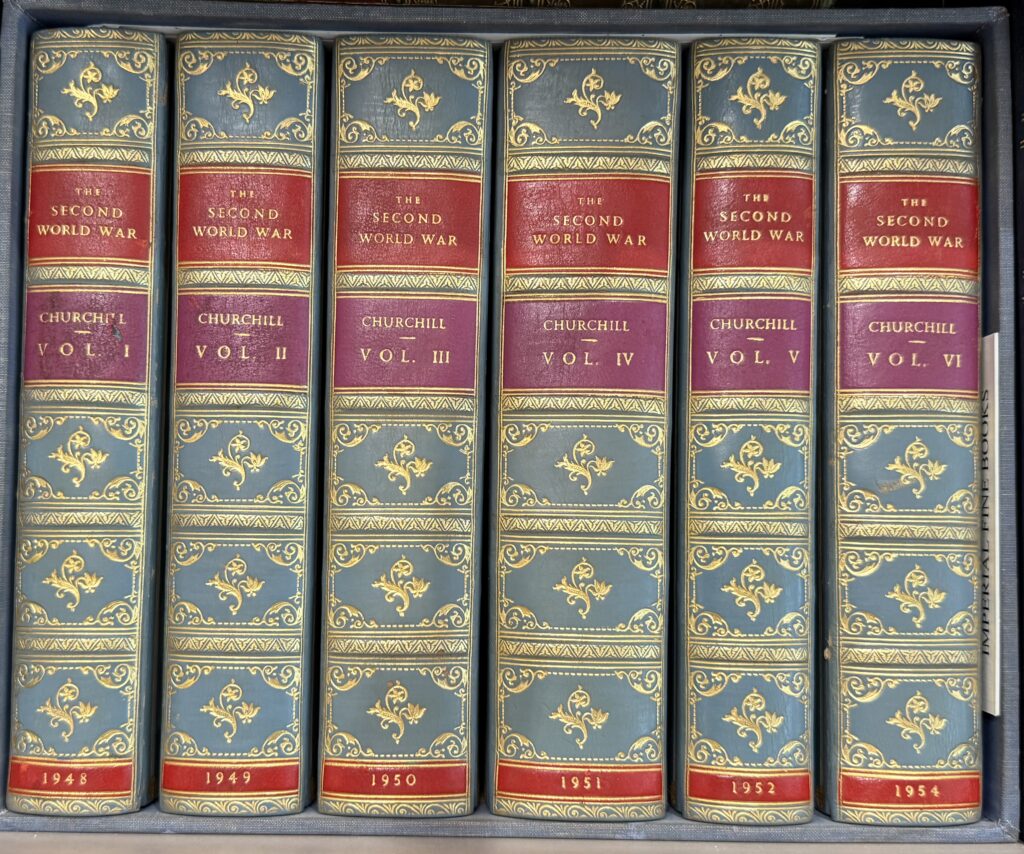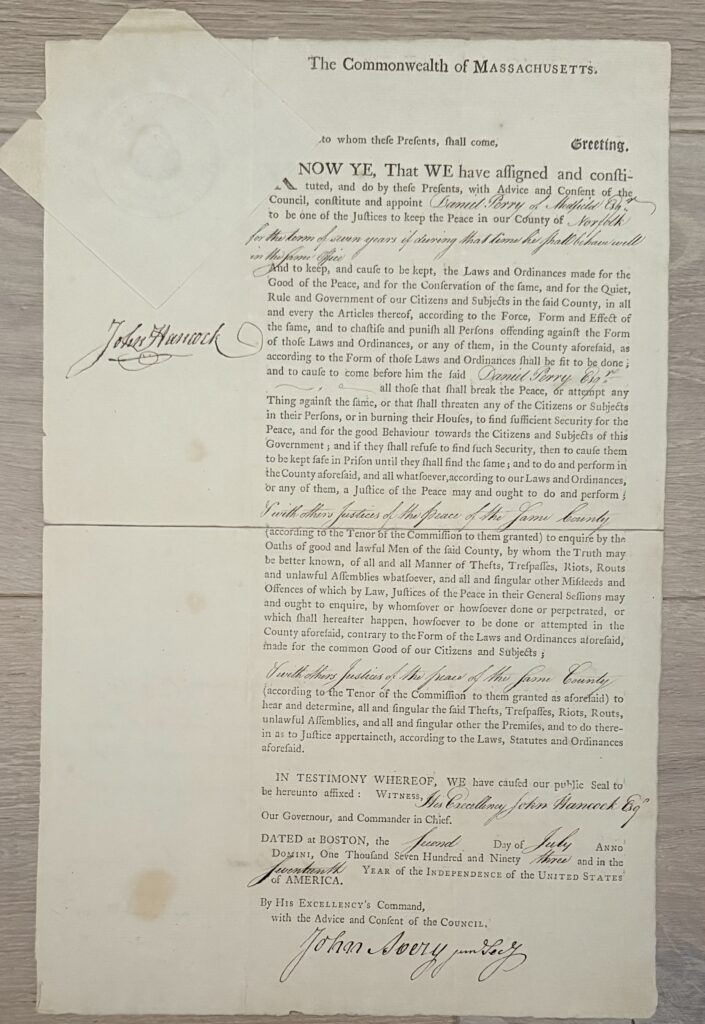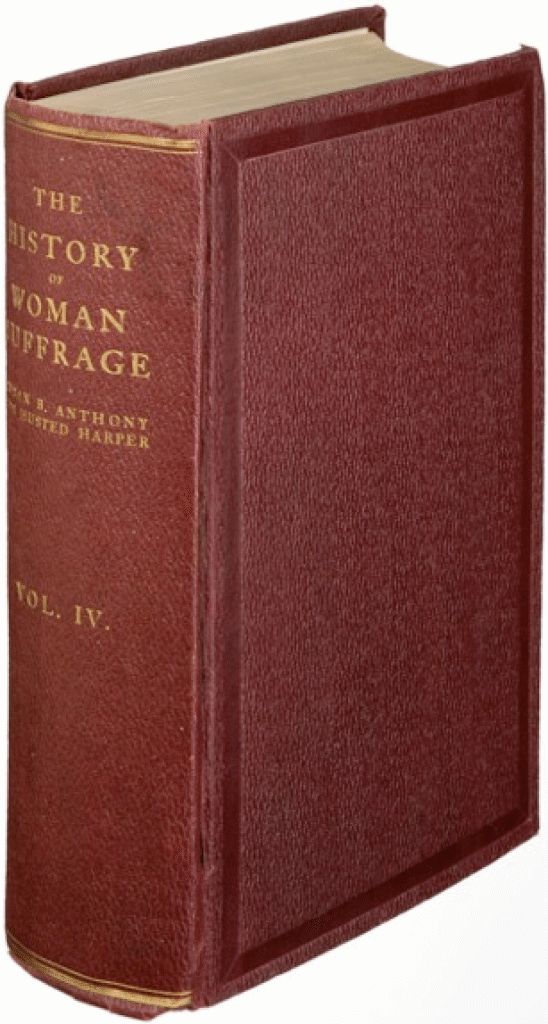“THE CIVIL WAR HAS MADE A TERRIBLE IMPRESSION AND BEARS HEAVILY ON THE OFFICERS OF THE OLD ARMY…”. GENERAL SHERMAN TRIES TO ASSIST A BROKE GENERAL BRAGG AFTER THE WAR.
Autographed letter signed by “W. T. Sherman,” two pages, lightly-lined both sides, 5 x 8, Headquarters, Army of the United States letterhead, June 9, 1876. Letter addressed to General Ord. In full: “Your letter of June 2 is just received. I have seen McFerly, shown him your letter, and he thinks that if you make purchases at Galveston they should be made by an officer of the Subs. Dept. but he will be perfectly willing that Genl Bragg should be employed under him. I am perfectly willing that you should give employment to Genl Bragg, because I know him to be perfectly capable & honorable in an eminent degree-I feel deeply for his poverty and you may tell him that I shall always be willing to help him when in my power-The Civil War has made a terrible impression and bears as you know heavily on the officers of the Old Army, who are supposed to have been guilty by a breach of oath & faith by going against the Government-Bragg was out of the Service long before the War broke out and was therefore free to take any side of the question, as much so as any Citizen, but a hue & cry would be raised if a Union man should be denied and Bragg appointed to any Agency. He could well be employed under some officer – I am glad to notice the calm state of facts on the Rio Grande since Escobedo reached Ma Tamoras. I knew him personally abt 1867 and have a good opinion of him. I hope he will remain on that Frontier instead of returning to Monterey or Saltillo. It is very important to Mexico & the US that perfect peace should exist on that Line, as it disarms those who agitate for a Cause of Conflict & trouble. We are all busy here with Centennial & President making, and can expect no rest or peace till these things are over. Mrs. Sherman & family will come to Oakland B & O RR on the about July 11.”
Sherman was the Army’s commanding general when he dispatched this missive to his subordinate concerning Braxton Bragg, under whom he had served decades before the Civil War. In 1855, Bragg resigned from the service and worked as superintendent of the New Orleans waterworks and later chief engineer for Alabama, supervising harbor improvements at Mobile. At the onset of the war, Bragg sided with the Confederacy and became a high-ranking officer. Years later, Sherman still regarded Bragg as his close friend. “I know him to be perfectly capable & honorable in an eminent degree,” Sherman states. “Bragg was out of the Service long before the War broke out and was therefore free to take any side of the question, as much so as any Citizen,” he bluntly states. Perhaps it was Bragg’s financial difficulties or the fact that the “Civil War has made a terrible impression and bears as you know heavily on the officers of the Old Army, who are supposed to have been guilty by a breach of oath & faith by going against the Government.” Whatever the reason, three months after Sherman offered this endorsement of Bragg, the latter died suddenly while in Galveston. Exquisite Civil War content as Sherman talks reconciliation.




